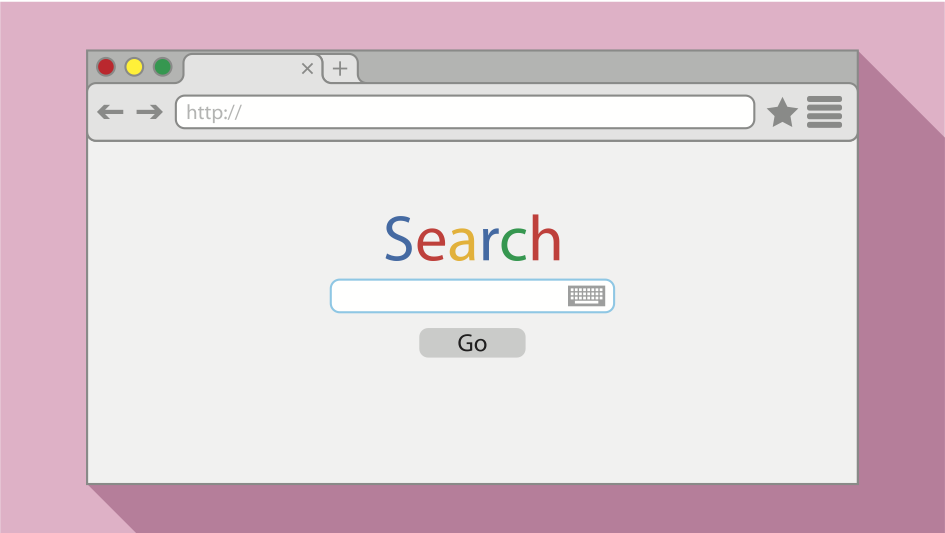By SIRMA

Online marketers and social media strategists are familiar with search engine optimization (SEO), but the term rarely comes up in the music world.
The idea is that in order to increase your visibility as a brand in search engines such as Google or Bing, you need to not only strategize to increase the quantity of the traffic, but also the quality.
Companies that have the budget to place ads in search engines can appear on the first page in related searches for a limited time. However, organic results play a much bigger role in the long run.
Whether you’re a brand new artist or an established one, making sure that your fans can easily find you online is incredibly important.
If a person happens to walk by while you’re busking or when you take the stage at a music festival, they might be compelled to look your name up. But if your content does not appear on the first page, they are likely to forget about it and move on.
SEO based marketing is not a concept you’ll crack the code of overnight. But even if you’re new to it, you can take care of a few basic steps now to get started.
- Make sure your music is available on all digital platforms.
Even if you’re an independent artist, you can distribute your music to over 150 music platforms worldwide. Yes, distributing your songs and keeping them up on all those stores can be costly, but if you want to increase your visibility for the long term, it’s a much better investment than temporary social media ads.
2. If you don’t have a website, make one.
Nowadays, it’s easier than it’s ever been to buy a domain, design a website and update it all in one place. Companies like Godaddy and Squarespace have made it all very user-friendly for those of us who don’t know anything about coding.
Even if you don’t have much to put on your website for the time being, having all the information and links your audience will need to reach you and your music can only help.
What’s more is that if you launch and control your website by yourself, you can consistently work on increasing your project’s credibility on your own.
For instance, Godaddy comes with an SEO tool that helps you optimize not only the description and home page of your site, but also blog posts and even images.
3. Add all your music links to your website.
The more music platforms you link out to from your website, the better. In fact, you can take it one step further by creating a page for all the online reviews about your music and including their hyperlinks.
Increasing the credibility of your website and making it the center of all the bits and pieces of information about you floating around on the web is one of the biggest contributions you can make towards ranking higher in search engines.
4. Pay attention to keywords and link building to make your website more SEO-friendly.
Obviously, describing your site with keywords such as “Music”, “Singer” or “Songwriter” is a step in the right direction. But making your site and by extension, your artist project, more visible via keywords is the tip of the iceberg.
Blogging is still relevant today for a reason. The more excuses you have to add hyperlinks to the content of your website, the better. Press clippings and articles you write for other sites can be great additions. But even if you don’t have much to show for now, you can still generate more traffic by sharing your own blog posts. For example, writing about the musical instruments and studio equipment you use and linking out to the companies you mention in your blog might be a good idea. And who knows? You might even catch the attention of those companies at some point. Win, win.
5. Claim your Google Knowledge Panel and add the links to all your social media accounts.
Google Knowledge Panel is automatically generated for most artists who make their music and video content available on multiple platforms worldwide. However, it’s best to claim your knowledge panel and update it with all the relevant links to your social media accounts before somebody else attempts to do so.
6. Look into getting a Wikipedia page for your band.
Wikipedia plays a huge role in search rankings. Unfortunately, being a musical artist doesn’t automatically qualify you for a Wikipedia page. You have to be notable in your field, so anything from chart success to magazine articles can help. The key here is to keep trying as you climb up the ladder.
7. Connect your website to the Google Search Console and Google Analytics.
Google Analytics can help you track activity not only on your website but also social media accounts. If you use a service like Godaddy to design and publish your website, you’ll see that the option to track activity via Google Analytics is already built-in.
Google Search Console, on the other hand, is a good fit for those who want to dig a little deeper. It’ll provide some insight as to whether people visit your website after googling certain keywords, for example. It’ll also help you better understand the relationship between all the sites you link out to from your website as well as others that link out to yours.
Final Words
Search engine optimization is a deep topic, which is why most companies hire online marketing professionals to get the job done.
However, with all the user-friendly tools available nowadays, there’s no reason why you shouldn’t attempt to increase the visibility and credibility of your project on your own.
***
SIRMA is an independent singer, songwriter and producer. She’s the creator of the Modern Pop Vocal Production course on Soundfly and has a degree from Berklee College of Music.

